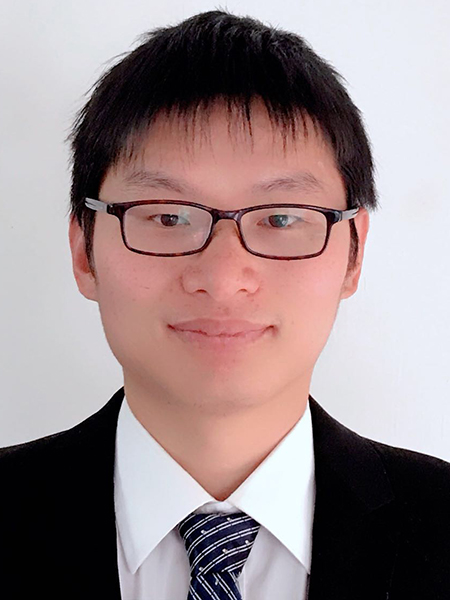ChE's Bao hopes to mend broken hearts with NSF CAREER funding
Xiaoping Bao, assistant professor in the Davidson School of Chemical Engineering, has received a five-year, $547,000 Faculty Early Career Development Program (CAREER) Award from the National Science Foundation (NSF). He is the seventh College of Engineering faculty member to receive this award in 2022.

Bao’s project, titled “CAREER: Engineering ex vivo Human Cardiogenesis with Optogenetics,” will investigate how engineering tools can be used to regulate the formation of cardiac organoids.
Human pluripotent stem cells (hPSCs) have unlimited proliferation capacity and, as a result, can be used to produce unlimited amounts of cardiac cells in the lab to mend broken hearts, but only if hPSC-derived cardiac cells are as functionally mature as their counterparts in adult human hearts, he explained.
Bao’s research focuses on using stem cells outside the body to model and study the formation and maturation of a human heart with advanced technologies available in the lab. For instance, his team will use organoid technology to differentiate stem cells into a cardiac organoid that mimics an early stage of heart formation during embryo development.
“We are investigating how we can use engineering tools to regulate the formation of cardiac organoids. The main goal — and challenge — is being able to control the structure and functions of a cardiac organoid,” Bao explained.
The NSF funding will enable his team to work with collaborators to develop new optogenetic tools and devices, a biological technique to control the activity of cells or tissues with light. This will allow them to precisely control the size and structure of cardiac organoids to study cardiac maturation and heart diseases.
The award also will support one graduate student and one or two undergraduate researchers annually to work under Bao’s supervision on the technical aspects of the research. In addition, the funding will enable him to pursue outreach activities that engage underrepresented students, especially minorities and women in STEM. He hopes to partner with Purdue Galleries, the Women in Engineering Program and Project Seed, a high school summer research program.
“This is a very exciting project, and I am thrilled that my stem cell research has been recognized nationally by my peers,” Bao said. “The NSF CAREER Award recognizes the significance of our study and enables us to continue cutting-edge research in the field of stem cell research and cardiac regenerative medicine. I am grateful to my students, post-docs, faculty and staff at Purdue, as well as my collaborators, mentors and program managers over the years.”
CAREER is an NSF-wide program that offers the foundation’s most prestigious awards in support of early-career faculty who have the potential to serve as academic role models in research and education and to lead advances in the mission of their department or organization.
